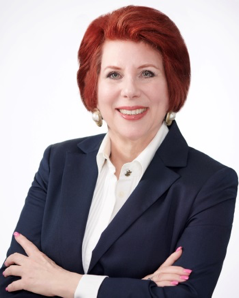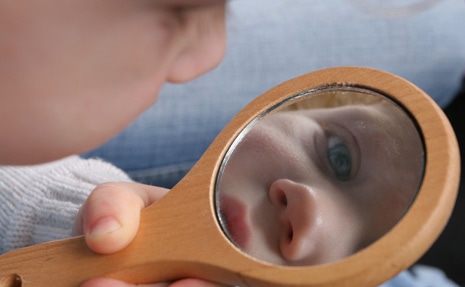
What is aging and ageism?
Ageism is defined as prejudice or discrimination on the basis of a person’s age. Aging is the process of growing old. The word “old” in the definition of aging creates an attitude and predisposes a prejudice towards older people.
Declining years is a misnomer. Age does not decline, it progresses, it advances. We are progressing from the moment we are born; starting an uphill climb from the lowest levels thereby progressing onward and upward.
The very phrase ‘declining years’ sets up a way of thinking. It would be more appropriate to say we are continuing on the path of life’s journey and are in advancing years. A person’s health, physical or cognitive ability may decline, but they continue to advance in years. The expression “over the hill” contributes to the idea of a person being in their declining years. Do we reach our peak at some predetermined age and continue a downward descent from that point? Who determines the peak of the hill? When do the declining years begin? Is it some arbitrary number; 60’s; 70’s; 80’s? Who determines that number? Is it the same for everyone?
Jared Diamond, UCLA professor of geography and physiology. stated that “the repositories of knowledge are the memories of old people”. In fact, Native Americans have been known to refer to their elders as “wisdom keepers” This was especially true in a pre-illiterate society. Though we are far from a pre-illiterate society the availability of search engines allows us to have vast amounts of knowledge both on demand and at our fingertips. But the richness of the experience comes from a person who has lived many years enduring many of life’s hardships and circumstances. Consider the example of the young brilliant character played by Matt Damon in the movie “Good Will Hunting” He is able to recite poetry, sonnets and brilliant passages from the great classics. The mature psychotherapist played by Robin Williams tells him that the words he’s reciting have no meaning because, without living life, without the experiences, the words are empty. He has no reference point, no understanding of what it feels like to have those experiences and therefore, cannot begin to understand the true meaning of those words.
We don’t realize that the attitudes about older people is deeply rooted in our verbiage and our culture. Questions on applications such as: “how old are you?” continually reinforces attitudes towards the word “old” When someone asks about your age you may say I’m ___yearsold.There is at least one language with which I’m acquainted in which the question posed seems more appropriate. The question in Spanish” Quantos anos tienes usted” ‘how many years to you have?” are completely neutral They carry with them no connotation other than the years you have acquired.
Wine becomes finer as it ages…it becomes more robust as the flavors ripen and have a chance to mature. We as people are equally deserving of similar adjectives.
Consider these paradoxical scenarios. The high school or college student who reaches his/her senior year is considered to have achieved a level of accomplishment. Yet, we do not ascribe reaching an advanced age with that same level of accomplishment. We exalt longevity and mourn premature loss. But somehow there is a contradiction in our attitudes, care and the treatment we provide our elders when achieve longevity.
How many have remarked to someone or have been told, “You look good for your age?” I know I have and until recently always thought it a compliment. But what does that imply? What is the expectations in looks or behavior at any age? For that matter, what about the phrase that a person has not aged well? Does that expression imply the person who looks in a way that one WOULD expect for a particular age is somehow to blame? What is the expectation of how you should look, what you should do or be, or what you are are capable of doing or being, at any age?
American culture is a discarding culture. When a car begins to break down after it has accumulated many miles we discard it. But that is a thing, and we are people. It appears that because an older person may no longer be contributing to the work force, they have outlived their usefulness and therefore are no longer needed. This phenomenon leads to lack of dignity and respect, poor treatment and quality of care for our elders. We should not be discarding those among us who have worked for and built this country in whatever way or to whatever degree. Many among us have sacrificed their lives and personal safety in jobs or war for our country. And, indeed, they gave birth to the next generation, none of us would be here if not for them. Why do they now not matter?
This is not about us or them. For after all, we are talking about our future selves. What do we expect and want for ourselves in our advancing years?
“The Voice for Eldercare Advocacy”
www.voiceforeldercare.com
phyllis@voiceforeldercare.com





